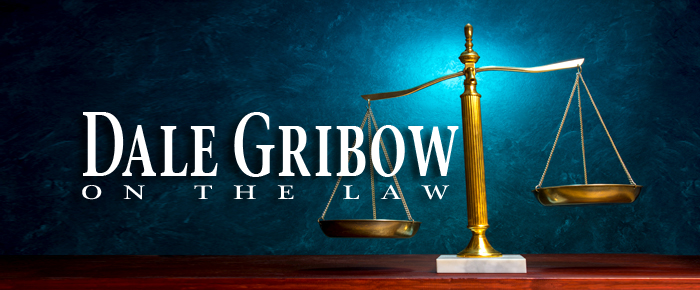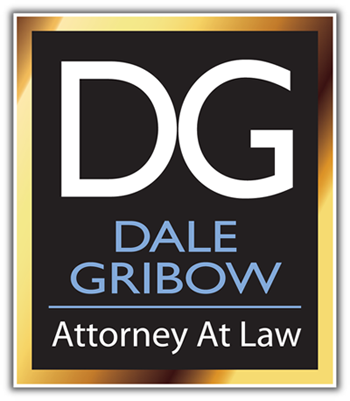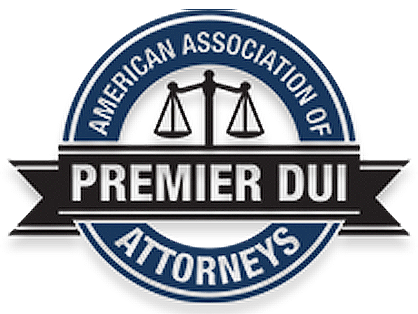
By Dale Gribow
The law can be confusing to everyone…even lawyers. However, the legal system can be very confusing to ALL parties. This happens because lawyers do not take the time to educate their clients. These SECRETS TO CIVIL LITIGATION is part of my ongoing attempts to educate my clients and readers of my legal column, on Accidents, DUI’s, Civil and Criminal Litigation.
Civil litigation can be a contract dispute, an auto accident, a real estate issue etc. They all involve the 4 Basic Steps of a Civil Lawsuit. The Civil Procedures include the Pleadings; Discovery; Trial/Arbitration and Post Trial issues.
Initially your lawyer files Pleadings known as a Complaint. It alleges what one party wants from the other. Most of these pleadings and answers are general and are boiler plate. The defense can file a Demurrer. This is a motion that argues “even if everything pled is correct it is not sufficient to make a case.”
During the labor intensive Discovery phase, the evidence is developed. Both sides exchange their evidence. A good lawyer will review the evidence with their client before a Deposition. This is where a witness is questioned under oath. Thus, before a case goes to trial, all the attorneys know the answer to every question they will ask. It is not like the legal dramas portrayed on TV.
During the Trial/Arbitration or Fact Finding Phase, facts are presented that will help to convince the trier of fact (judge, arbitrator or jury) to make a decision favoring their side. This phase occurs years after the incident and that is why it is a good idea to keep a diary. Your memory is better at the time of the dispute and not years later. Of course most cases do not go to trial but are rather settled which requires each side to give up something.
During the Post Trial phase, after the trial and verdict, one party may have trouble collecting or enforcing the judgment. A judgement or verdict is not a court order and if the party at fault does not pay your lawyer may have to attach assets or the other side may decide to file an appeal of the ruling.
As a rule the retainer between the attorney and client does not include judgment enforcement services. Thus just because you prevail does not mean you or your attorney will ever see any money from it. This is why lawyer usually handle civil matters on an hourly and not contingency. There you may have to hire a collection agency or hire an attorney to try to collect the amount awarded.
Appeals can take years and the party that brings the appeal is the Appellant. In State Courts, the Court of Appeals hears this and if unsuccessful the appellant can go to the Supreme Court of California.
A Settlement is the negotiated disposition of a case which calls for the defendant to pay money to the plaintiff. Juries render verdicts not settlements. No one can force a party to settle, it is solely the decision of the parties.
PLEASE DON’T DRINK AND DRIVE, CALL A TAXI OR UBER………IT IS A LOT CHEAPER THAN HAVING AN ARREST OR ACCIDENT AND CALLING ME ………SO DRIVE SOBER OR GET PULLED OVER
If you have any questions regarding this column or ideas for future columns please contact Dale Gribow 760 837-7500 or dale@dalegribowlaw.com.
DALE GRIBOW
“TOP LAWYER” – Palm Springs Life (DUI) 2011-2017
“TOP LAWYER”-Inland Empire Magazine Nov, 2016
10.0 AVVO Perfect Peer Rating










































